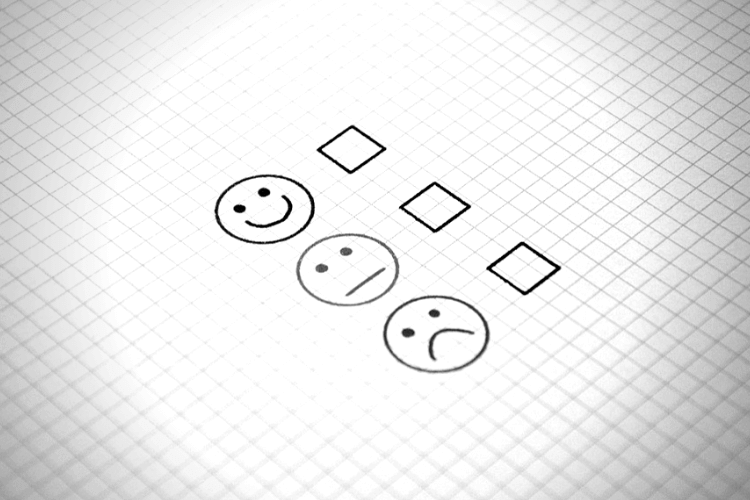Are you working the best you can?
Do you know how your attitude to life changes how you work?
There seems to be a distinct correlation between how people approach tasks during work and how they approach tasks at home or elsewhere. Analysing this could give you insight into how you could work more efficiently, keep your morale high and/or improve your outlook on life.

The following are just a couple of the behaviours you can analyse to understand your habits and why you do what you do. There’s no clear-cut way to act or answer so you may come up with your own.
Prioritisation
At work how do you decide what tasks you’re going to do when?
- Do you pick the tasks you feel like doing?
- Do you do urgent tasks first?
- Maybe you do the easy or small tasks first?
- Do you push undesirable tasks to the end?
- Maybe you even procrastinate some tasks to the point of doing unimportant or non-task work before them?
Approaches
What’s your approach and mindset to how you tackle a task at work?
- Do you jump straight into a task and work it out as you go?
- Maybe you research the task and make sure you do your due diligence before beginning?
- Do you straight up forget about the task?
- Perhaps you approach tasks in different ways depending on what’s required?
- Maybe you’ve been doing it the same way for years so that’s the way you continue to do it?
Personal Gain
What do you take away from a work task?
- Do you reflect back and learn from what you did to think about how you could do it differently?
- It might be you just move straight onto the next task and take nothing away from it?
- Do you tell others about your accomplishment?
How do you interact with others at work?
- Maybe you treat them with respect?
- Do you just interact with them to get the job done?
- Are you friendly to everyone?
Finally, you can repeat the above questions for your personal life and what you do at home. Do you come to different conclusions about how you act during work and outside of work and if so why do you act differently?
- Is it due to necessity?
- Are there different incentives at work or home that dictate what you do?
- Are there different people you’re interacting with?
- Do you have a different motivation for one over the other?
- Maybe you have a lack of care for one of the groups?
Now you understand the main ways that you act and the differences between them. Each of the options presented and all of the other options that you can possibly think of have both positives and negatives meanings that you can elicit. How can this help you moving forward?
Take a seemingly negative one “Do you straight up forget about the task?”. The positives from this are potential that the task wasn’t really required or you’re choosing to use your energy on something far more important. Even if that is the case and you know this, you could take action to make sure when you do have the time it does get completed and not lost into the abyss of forgotten tasks. Look at how you act and in all situations and determine the good and bad for each of them. Then look at comparing them between home and work. Do you like the way you act at one location more than the other and what can you do to change that?
So what’s a good attitude and what’s a bad attitude?
That depends on the job, expectations and outcomes. Some roles don’t require you to manage your time as tasks are given to you as they come or need to be completed. Others need you to go outside of your comfort zone and push your limits. Some require a yes approach and others a no approach.
For example one of the main traits we look for in someone at Digital Noir is that they actually care about the work they’re doing and want to have their own input and push projects to make them succeed with the best possible outcome.
The main point to take from this is to look at what you’re doing and how you do it. Should you be changing your attitude towards certain tasks or situations?


